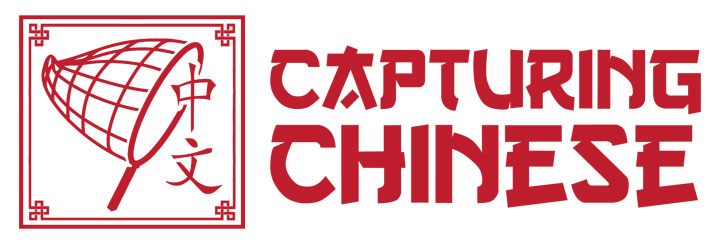Learn Chinese Through Stories - Lao She's An Old and Established Name
Lao She (老舍) is our author for this week. He was born in 1899 as Shū Qìngchūn (舒庆春). He is one of the most famous authors from the May Fourth Movement and his most famous works include Teahouse (茶館) and Rickshaw Boy (骆驼祥子 Luòtuo Xiángzi literally Camel Lucky Boy).
Lao She’s father was part of the banner soldiers for the Qing Dynasty government. During the Taiping Revolution, in which peasants started an uprising against the Qing dynasty and foreigners living in China, his father was killed by the Eight-Power Allied Forces (a collection of European soldiers) during a street battle. Undoubtedly, Lao She was shaped by these events which he recalls as:
During my childhood, I didn't need to hear stories about evil ogres eating children and so forth; the foreign devils my mother told me about were more barbaric and cruel than any fairy tale ogre with a huge mouth and great fangs. And fairy tales are only fairy tales, whereas my mother's stories were 100 percent factual, and they directly affected our whole family.Lao She’s family was poor so with the loss of his father early in childhood, his mother had a hard time making ends meet. He worked his way through college, graduated and started work as a teacher in primary and secondary schools around Beijing and Tianjin. During the May Fourth Movement in 1919, he was inspired to take up writing although he didn’t write his first novel until 1933. His first novel was called Cat Country ((猫城记) which is regarded as China’s first science fiction novel and was a bitter satire about Chinese society. Rickshaw Boy and Teahouse were written in 1936 and 1957 respectively. This week we are introducing a shorter work of Lao She’s which will make the jump into his longer works easier. The Chinese name is 老字号 which translates as An Old and Established Name. It was published in 1936. Lao She's An Old and Established Name (老舍 - 老字号)
